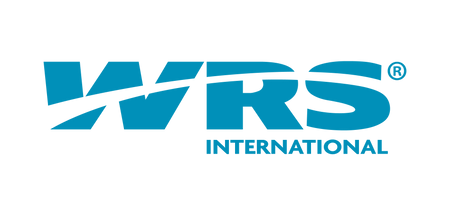Environmental Focus

Focus
WRS strive to build quality products that meet the operational needs of rescue teams worldwide, the choice of our fabrics, factories construction techniques are balanced with the environmental concerns we have as a brand. Were possible we focus on reducing our waste and demands on fossil fuels, Re-using materials used in packaging and off cuts from production then Recycling as much of our generated waste as possible.
WRS Strives to continually assess our impact on the environment as new fabrics and processes are developed which could meet the needs of our products and users. These new technologies are assessed on the suitability as rescue products.
Reduce. - Fossil Fuel use
WRS UK has transferred the use of one of the company vans to be placed with a Hyundai Ionic 5 Full Electric vehicle. This vehicle works around the North of England visiting clients and is the day to day vehicle for the team in the UK. This move has reduced the companies reliance to Diesel fuel. The company van (Using AdBlue) now is operational on long journeys where fuel efficiency is at its best.
WRS UK is also lucky enough to have all of the warehouse and office heat provided by the Estates Hydroelectric scheme. The system which feeds from a local beck (stream) generates renewable electricity which is feed into the Grid with a by-product of power generation being heat. This heat is dispensed to the commercial units via large heat exchanges to drop the water temperature of the extracted water before re-entering the beck (stream).
Reduce. – Waste
WRS evaluate each product on the need of packaging materials, it is imperative that products are packaged correctly to avoid damage which could lead to further waste of raw materials.
Reduce. – Carbon Footprint
WRS assess the impacts of transporting goods from OEM to local warehousing this includes consideration of the origin of parts and fabrics used in the production of the products. Were possible local assembly of local parts is preferred to reduce the carbon footprint of our products.
Reuse/ Repair – Products
WRS offer the repair of products along with holding spare parts of items that can be serviced to extend serviceable life. WRS also see to reduce the carbon footprint of products sent for repair by offering training to organisations on the repair of their equipment within the organisation negating the need for shipping products in for repair.
Reuse/ Repair – Packaging
At both our warehouse locations WRS reuse cardboard, plastic packaging, padding, and protective materials.
Recycle – Waste
All unusable packaging is recycling, with an aim at reducing our input of recycled waste and non recyclable waste.
Recycle – Product Fabrics
Currently there is no process for recycling the fabrics used in the production of our inflatables or foams used in our life jackets. WRS has made steps along with our production partners to utilise fabrics that have sounder environmental signatures.

